Peaceworks
Publications
Articles, publications, books, tools and multimedia features from the U.S. Institute of Peace provide the latest news, analysis, research findings, practitioner guides and reports, all related to the conflict zones and issues that are at the center of the Institute’s work to prevent and reduce violent conflict.
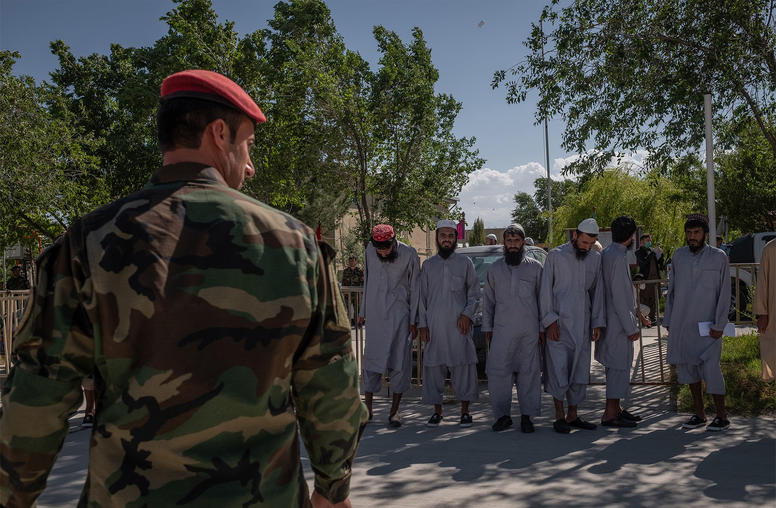
Afghan Peace Talks: Prisoner Release Paves Way for Direct Negotiations
Afghan President Ashraf Ghani on Sunday said that his government would release the last batch of Taliban prisoners, ostensibly removing the final hurdle to direct negotiations with the insurgent group. Intra-Afghan negotiations were originally slated for March 10 as part of the U.S.-Taliban deal signed in late February, but were delayed due to disagreements over prisoner releases. The Afghan government and Taliban had committed to releasing 5,000 and 1,000 prisoners respectively, but the final 400 Taliban prisoners had been accused or convicted of major crimes, including murder. Ghani only made the decision to release those prisoners after he called for a consultative assembly, or loya jirga, to advise on the decision. USIP’s Afghanistan experts explain why Ghani convened the loya jirga, what to expect in the early stages of talks, and what role the United States can play.
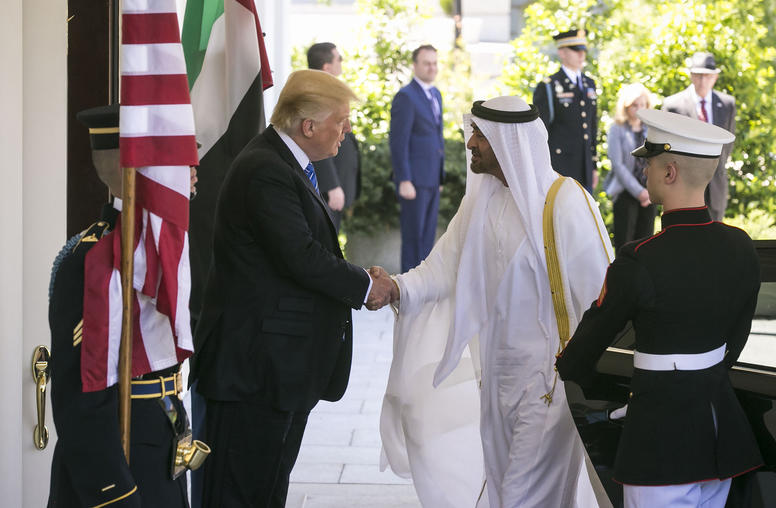
What Do Normalized Israel-UAE Relations Mean for the Region?
On August 13, the governments of Israel and the United Arab Emirates (UAE) announced that they had agreed to the full normalization of relations, in exchange for Israel suspending announced plans to annex large areas of the Palestinian territories. Dubbed the “Abraham Accords,” this agreement between Israel and the UAE—if fully implemented—would be the first Arab-Israeli reconciliation of its kind since the 1994 Israeli-Jordanian peace treaty, and stands to prevent, at least temporarily, Israeli-Palestinian and even broader regional deterioration that could have ensued in the wake of Israeli unilateral annexation. USIP’s Robert Barron looks at how the agreement came to fruition, what the United States’ role was, and what this means for the Israeli-Palestinian peace process and Israel’s relations with the Arab world at large.
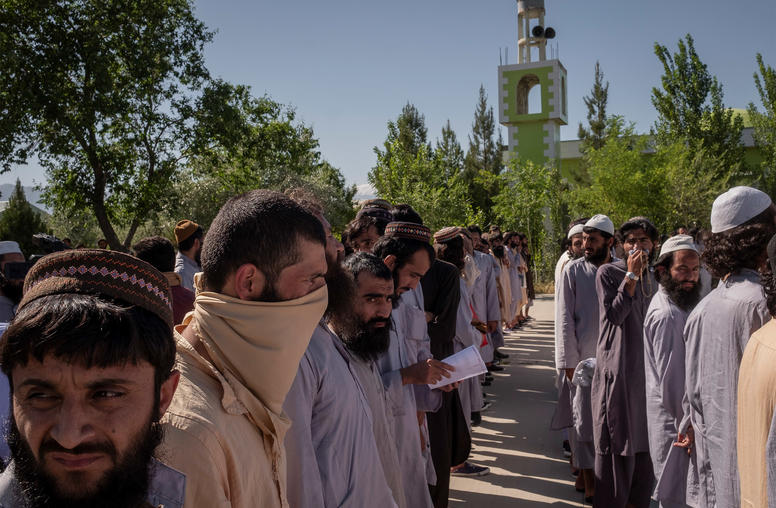
Afghan Government: ‘Optimistic’ on Opening Talks with Taliban
Afghanistan’s government is optimistic that the delayed peace talks with the Taliban can start soon, acting Foreign Minister Mohammed Haneef Atmar told an online audience. Atmar’s comments are the latest sign that one reason for the five-month delay, disputes over the two sides’ release of prisoners they have been holding, may be nearly resolved. Taliban attacks on government forces have continued, and civilian casualties have remained high, as the two sides have wrestled over conditions for starting the talks as envisioned in a February agreement between the United States and the Taliban.
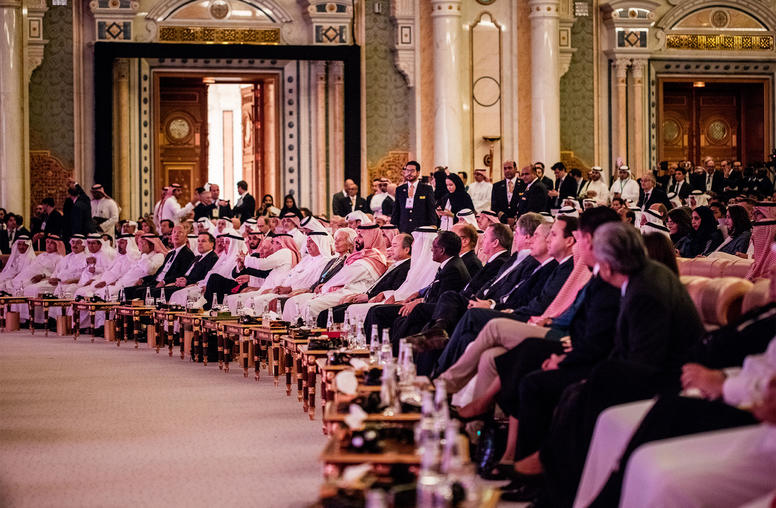
After UAE Deal, How Can Arab States Impact Israeli-Palestinian Peace?
For decades, many Arab states were united in their hostility toward Israel and support for the Palestinian cause, even though in some cases that backing was simply rhetorical. In recent years, however, Israel and some Arab countries have engaged in a quiet rapprochement, spurred by common concerns over Iran’s influence in the region, among other things. The August 13 announcement of the “Abraham Accord” between Israel and the UAE was the most public and dramatic demonstration of these shifting regional dynamics. But what does this mean for the Israeli-Palestinian conflict and the role of the region in finding a resolution?
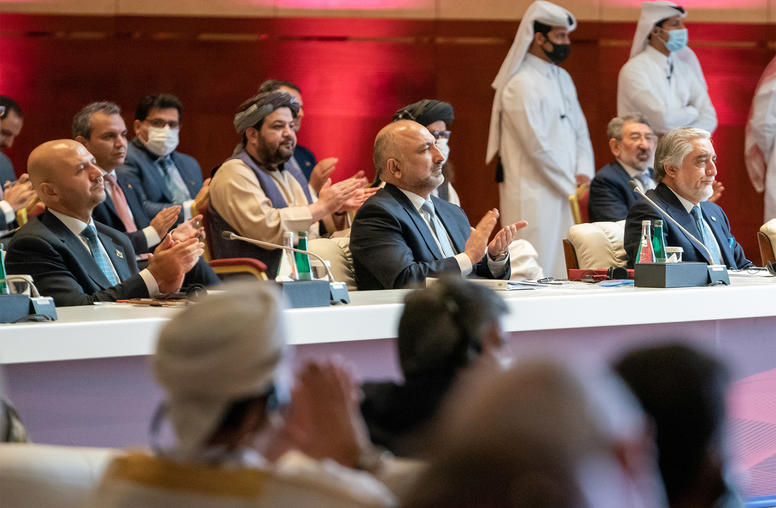
Five Things to Know About the Afghan Peace Talks
The intra-Afghan negotiations that began on Saturday represent a watershed moment in the war: the first direct, official talks between the Taliban and the Afghan government. These historic talks commenced 19 years and one day after al-Qaida's 9/11 terrorist attacks drew the United States into Afghanistan's civil war. Just getting the Afghan government and the Afghan Taliban to the table is an accomplishment. The main reason the talks materialized is the U.S.-Taliban agreement signed in February of this year; that agreement delivered a timetable for the eventual withdrawal of foreign troops, which met the Taliban’s years-long precondition for opening talks with the Afghan government.
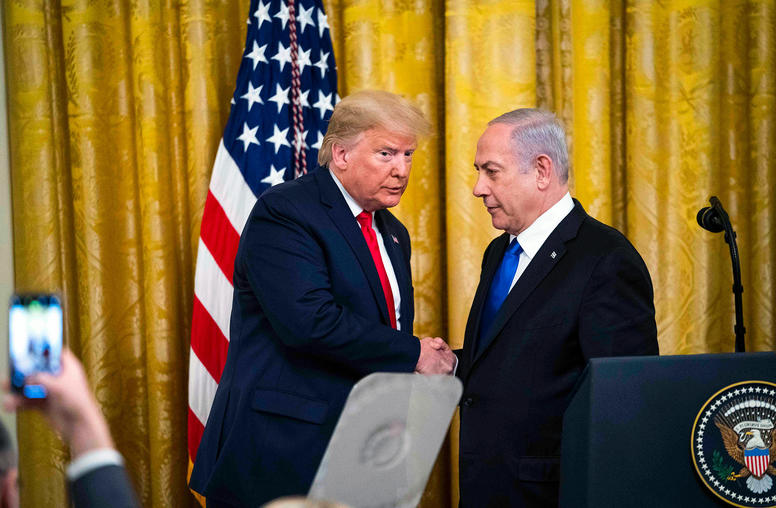
The Collapsing Foundation for Israeli-Palestinian Peace
The diplomatic agreements being signed this week among the United Arab Emirates, Bahrain and Israel present formidable challenges to the long-standing paradigm for peacemaking in the Israeli-Palestinian conflict and are yet to provide a viable substitute. While final contours of the agreements remain to unfold, their approach undermines the paradigm of providing an incentive for Israel to accept Palestinian self-determination as part of normalized relations with its Arab neighbors. With the Israeli-Palestinian divide wider now than any time since 1967, the erosion of these cornerstones for peacemaking is a precursor for an eventual new crisis.
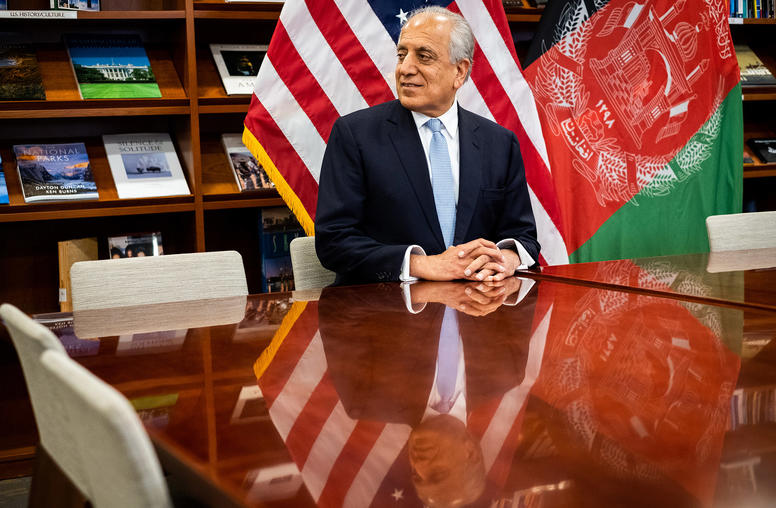
Afghan Talks Are Historic Chance for Peace, Says Top U.S. Negotiator
Afghan peace talks that began in Doha on September 12 are a “historic opportunity” that could bring a close to four decades of conflict in the country and end America’s longest war, said the U.S. special representative for Afghanistan reconciliation on Thursday. The ongoing talks are the “heart of the Afghan peace process,” said Ambassador Zalmay Khalilzad. “It's important to be fully aware of the significance of this moment, and to recognize its historic relevance.” With a note of a cautious optimism, he said there is hope but still a long road ahead, with many thorny issues to be negotiated.
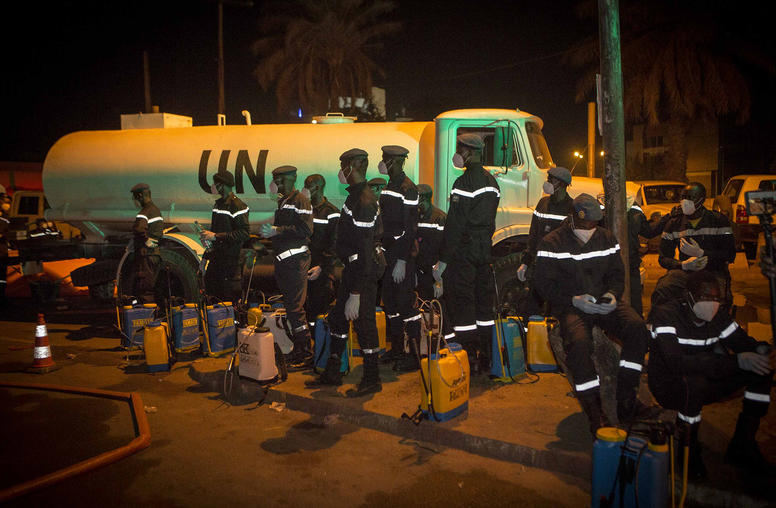
Four Lessons for Cease-fires in the Age of COVID
During his opening remarks at the 75th U.N. General Assembly, Secretary-General António Guterres renewed his appeal for a global humanitarian cease-fire, urging the international community to achieve one in the next 100 days. But in the roughly 180 days since his initial appeal, most conflict parties have not heeded the secretary-general’s plea. What can peacebuilders do to advance the secretary-general’s call? Four key lessons have emerged over the last six months on how cease-fires can be achieved—or stalled—by COVID-19.
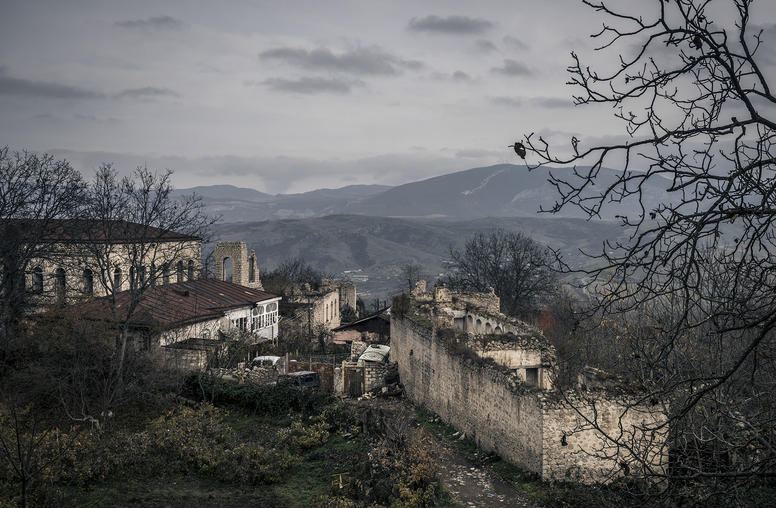
A Fire in the Garden: Can We End the Nagorno-Karabakh War?
Amid the world’s profusion of wars, COVID crisis and turbulent U.S. elections, a reader could overlook the century’s worst eruption of bloodshed between Armenia and Azerbaijan. But the revival this week of war in the Caucasus region should galvanize policymakers in Washington, Europe and Moscow to lean in hard and resurrect vigorous peacemaking for the first time in recent memory. While it’s unclear whether a full resolution can be achieved in any near future, this week’s fighting signals the risk of neglect: a dangerous, wider war.
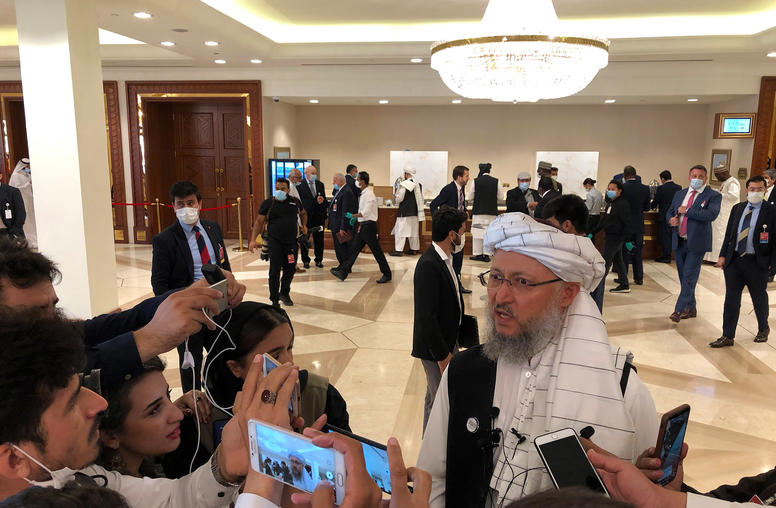
Whither Islam in Afghanistan’s Political System After the Taliban Talks?
The question of how and where Islam should fit into future legal and political frameworks has emerged as a major sticking point in the talks between the Taliban and the Afghan government in Qatar. How this question is resolved will be closely watched by Afghans, who want to ensure their hard-won rights are not sacrificed for the sake of a deal with the Taliban—Afghan women in particular have much at stake. The international community will similarly scrutinize the outcome, and their engagement with Afghanistan after the talks is expected to be conditioned on the contours of any political settlement.